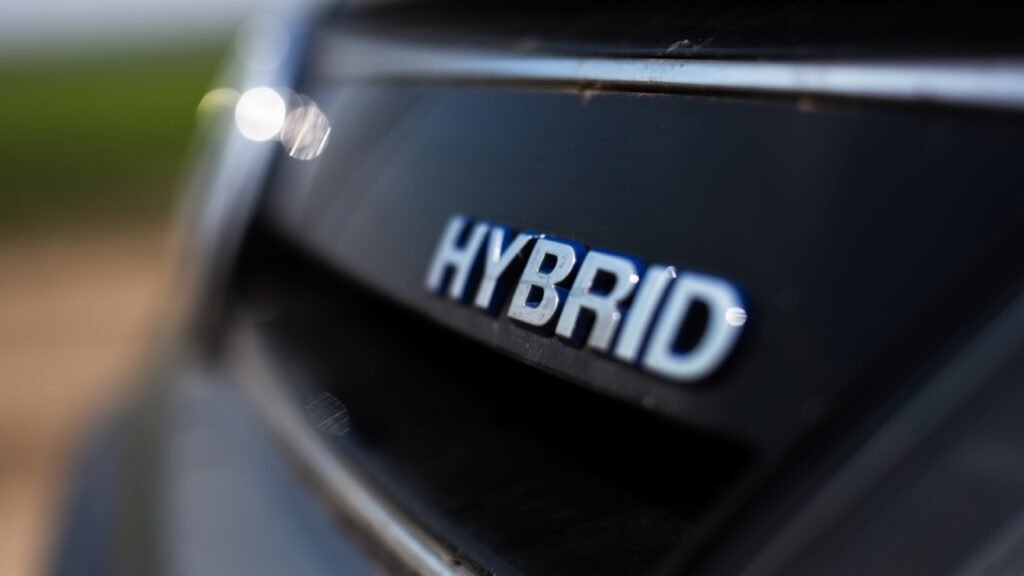How to Insure a Hybrid Vehicle
Insuring a hybrid vehicle is a bit different from insuring a traditional car due to its unique technology and components. Hybrid vehicles offer better fuel efficiency and reduced emissions, but they also come with specialized parts and systems that might impact your insurance needs. This guide will walk you through the steps to ensure you get the best coverage for your hybrid vehicle, while addressing specific aspects that affect insurance policies.
Understanding Hybrid Vehicles and Insurance Needs
Hybrid vehicles combine a conventional internal combustion engine with an electric motor. This unique setup not only makes them more fuel-efficient but also involves different components that can affect insurance costs. Insuring a hybrid vehicle requires understanding these factors and choosing the right policy to protect your investment.

Research Insurance Options
1. Compare Insurance Quotes
The first step to insuring a hybrid vehicle is to compare quotes from different insurance providers. Not all insurers have the same rates or coverage options for hybrids. Start by gathering quotes from multiple companies to ensure you’re getting the best deal. Many insurance companies now offer specialized policies for hybrid vehicles that can provide tailored coverage and potentially lower premiums.
2. Check for Hybrid-Specific Discounts
Some insurance companies offer discounts specifically for hybrid vehicles. These discounts can be based on the car’s fuel efficiency, lower emissions, or its safety features. Ask your insurer about any available hybrid-specific discounts that might apply to your vehicle. Taking advantage of these discounts can help lower your overall insurance costs.
Evaluate Coverage Options
1. Choose Comprehensive Coverage
Given the advanced technology and specialized components of hybrid vehicles, comprehensive coverage is a smart choice. Comprehensive insurance covers damage from incidents other than collisions, such as theft, vandalism, or natural disasters. This type of coverage ensures that you’re protected against a wide range of potential issues that could impact your hybrid vehicle.
2. Consider Enhanced Liability Coverage
Hybrid vehicles often come with advanced safety features, but accidents can still happen. To ensure you’re fully covered, consider enhancing your liability coverage. This will provide additional protection in case you are found liable for damages or injuries in an accident. Higher liability limits can offer peace of mind and protect you financially in case of serious incidents.
Understand the Costs
1. Evaluate Repair and Replacement Costs
One of the main factors affecting insurance rates for hybrid vehicles is the cost of repairs and replacements. Hybrid cars often have more expensive parts and require specialized repair services. Insurance companies consider these factors when calculating premiums. Be aware of potential repair and replacement costs for your hybrid vehicle and factor these into your insurance decisions.
2. Factor in Battery Replacement
Hybrid vehicles use high-voltage batteries that can be costly to replace. While most hybrid batteries have a long lifespan, they do eventually need replacement. Ensure your insurance policy covers battery replacement or provides adequate coverage for these high-cost components. Check the details of your policy to confirm that battery replacement is included.
Choose the Right Insurer
1. Look for Insurers with Hybrid Experience
Not all insurance providers have the same level of experience with hybrid vehicles. Choose an insurer with a good track record in handling hybrid car claims and understanding hybrid-specific issues. Research customer reviews and ratings to ensure you select a reputable company that offers reliable coverage for your hybrid vehicle.
2. Review Policy Terms Carefully
Before finalizing your insurance policy, review the terms and conditions carefully. Pay attention to coverage limits, exclusions, and any additional fees. Make sure the policy meets your needs and provides adequate protection for your hybrid vehicle. If you have any questions or concerns, don’t hesitate to ask your insurance agent for clarification.
Conclusion
Insuring a hybrid vehicle involves understanding the unique aspects of these cars and choosing the right coverage to protect your investment. By comparing quotes, checking for hybrid-specific discounts, and evaluating coverage options, you can find the best insurance policy for your needs. Be sure to consider repair and replacement costs, as well as the insurer’s experience with hybrids. With the right insurance, you can enjoy the benefits of driving a hybrid vehicle while having peace of mind knowing that you’re fully protected.

